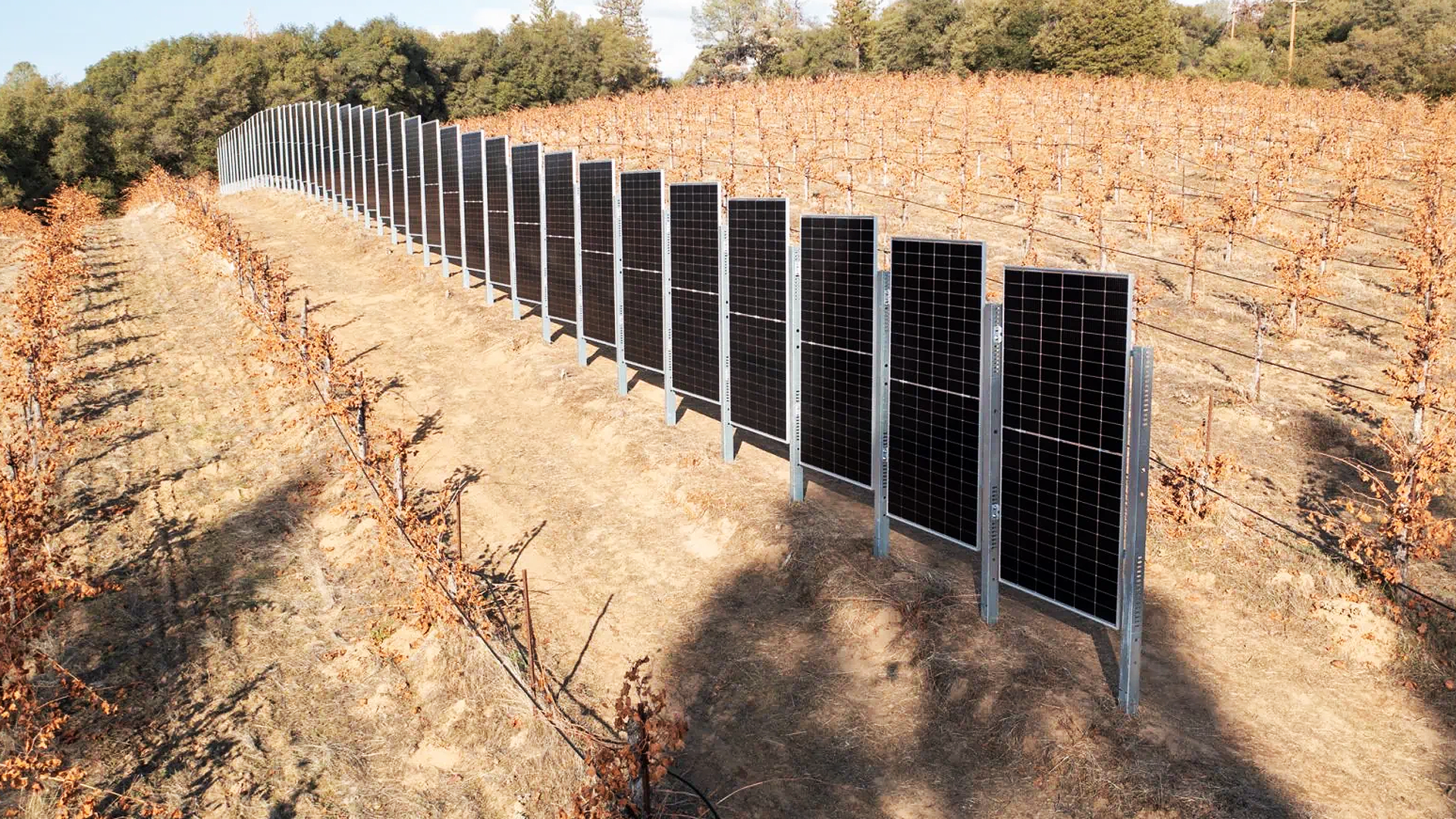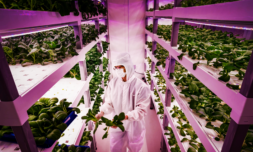A company in California has created a vertical solar panel that allows agriculture and green energy to co-exist.
Solar panels are one of the most promising sources for green energy, with over 1 million different sites in the UK alone.
With the disastrous effects of climate change already impacting people all around the globe, renewable energy is more important than ever.
However, traditional horizontal solar panels often use space that was previously used for agriculture, which presents difficulties as climate change is causing harsher winters and more unreliable weather.
Sacrificing space used for produce is an unsustainable compromise in the face of increasing food insecurity.
Sunstall is a California-based company who believe that the Climate Crisis “demands adjustments” and whose newest ‘agrivoltaic’ technology- combining solar panels with agriculture- may be the solution.
Sunzaun is a vertical solar panel created by Sunstall which claims to be equally as efficient as the traditional model, whilst still allowing land to be used for growing food.
These solar panels are easier, and therefore cheaper, to install than other potential solutions, such as using elevated platforms. They can be lined up along the edge of crop fields, railroads, motorways or even residential balconies and fencing.
By lining the edge of fields, Sunzaun solar panels can provide crop protection from the elements. By shading the plants, it can also keep the soil moist for longer by reducing evaporation.
Scientifically, Sunzaun uses ‘bifacial solar modules’ which means they don’t need to be installed facing true south, and even on a slope.
The company’s first project is the Somerset Gourmet farm, a winery which uses Sunzaun panels with a total power of 23 kW to supply the farm with electricity.
Sunzaun represents the future of sustainable technology, providing the future with green energy without sacrificing the needs of the current generation.

















